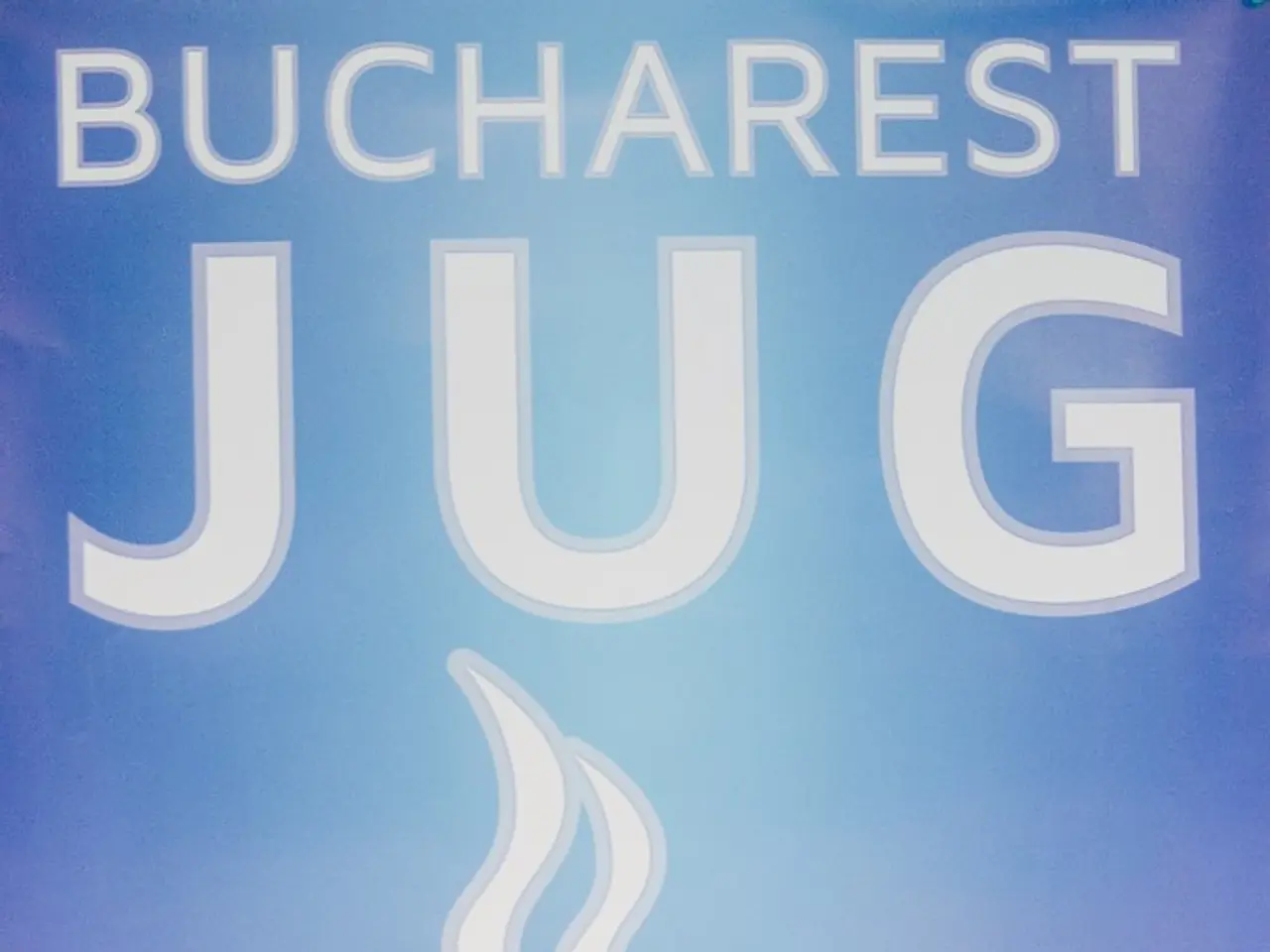Significant decline in shareholder involvement in annual meetings for fossil fuel companies could signal a shift towards a less participatory era.
In recent years, annual general meetings (AGMs) of major London-listed fossil fuel companies have been marred by controversies, raising concerns about privacy, restrictions, and questionable practices.
It has been observed that Shell and BP may use the same corporate security provider for their AGMs. This shared security arrangement has led to similar security measures being implemented at both companies' AGMs. For instance, at the 2024 Shell AGM, personal security guards were assigned to attendees, including following them to the toilet. At the 2025 BP AGM, attendees were subjected to personal searches, including body checks and examinations of personal belongings.
One of the most contentious issues has been the collection and handling of biometric and behavioral data at these AGMs. While it is common for such data to be held by the company itself or third-party service providers, there is no publicly available explicit disclosure about which entities hold this data for London-listed fossil fuel companies or how long such data is retained.
The use of facial recognition technology at the 2025 BP AGM is a prime example. The technology matched colleagues to footage from the 2024 Shell AGM, where they had only asked questions from the floor. This raises questions about who holds the data, under what legal basis it is shared between clients, and whether it is sold or shared with third parties, including foreign governments or border agencies.
Moreover, the handling of questions at these AGMs has been criticised. At the 2025 BP AGM, spontaneous questions were disallowed, and questions were bundled, with each attendee asked to ask multiple, unrelated questions in a single go, without any opportunity to follow up. The physical impacts of climate change were not given significant attention at the 2025 BP AGM, with more questions being dedicated to pension complaints.
A shareholder resolution has been submitted to Shell regarding the treatment of shareholders at their AGMs, and ACCR staff have sought assurance that they will be greenlisted for entry to the upcoming AGM. This resolution highlights concerns about the treatment of shareholders, including the refusal of entry to the 2024 Shell AGM for carrying a single-page leaflet, which was considered contraband material.
The venues for these AGMs have also been a source of controversy. Shell's 2025 AGM will be held at Terminal 5, Heathrow Airport, and may criminalize non-violent protest at their AGM. Colleagues of the writer were placed in a makeshift holding pen outside the 2025 BP AGM venue, despite being verified shareholders with appropriate documentation. The security personnel at the 2025 BP AGM were not BP employees, but it is not confirmed who they were employed by.
These controversies have led to calls for greater transparency and accountability from these companies. It is essential that shareholders, activists, and the general public are able to participate in these important meetings without fear of intimidation, privacy invasions, or restrictions on their freedom of speech.
[1] General AGM results and procedural information for companies like United Oil & Gas PLC and Johnson Matthey Plc [2] Commentary on AGM protests and governance in the UK [3] Search results do not specifically detail who holds the biometric and behavioral data collected at AGMs of major London-listed fossil fuel companies, nor how long such data is retained
[1] Sports organizations, like United Oil & Gas PLC and Johnson Matthey Plc, could learn from the controversies at major London-listed fossil fuel companies' AGMs, enforcing transparency and accountability in their own meetings to ensure privacy and freedom of speech for all participants.
[2] Despite concerns about biometric and behavioral data collection, privacy invasions, and restrictions on speech at AGMs of prominent fossil fuel companies, there's a growing need for similar scrutiny of security measures in sports events, where such practices may also be implemented without due disclosure.







